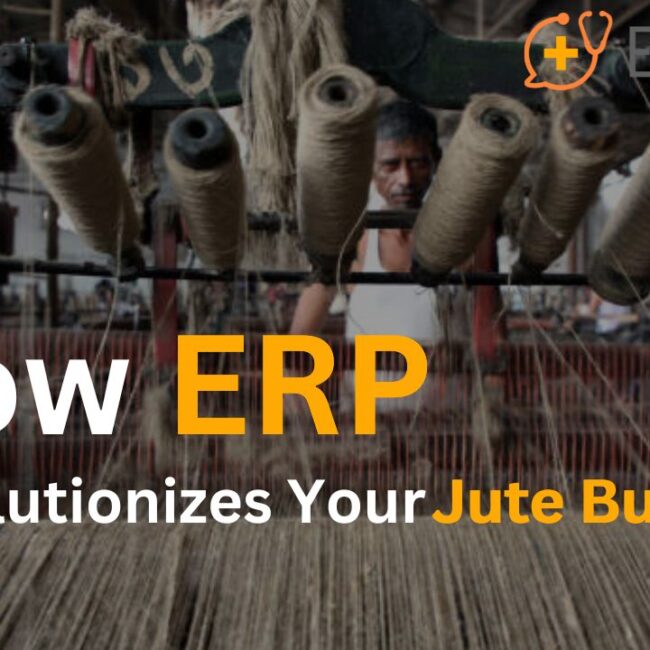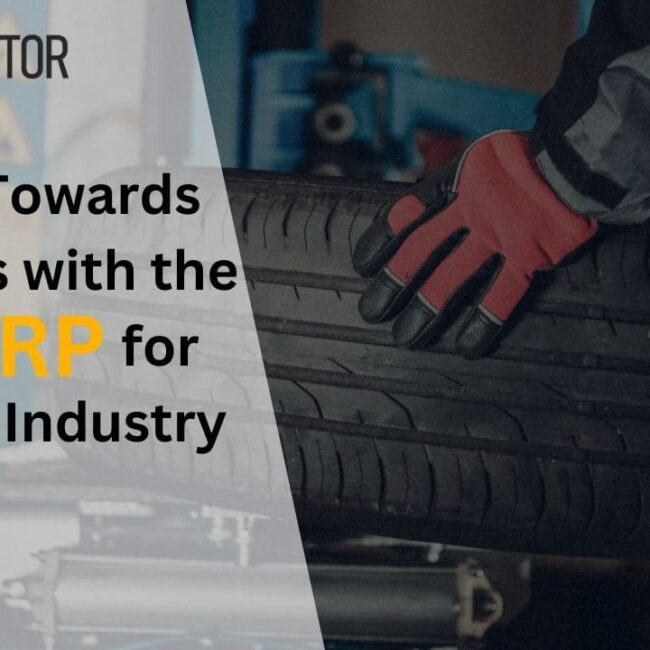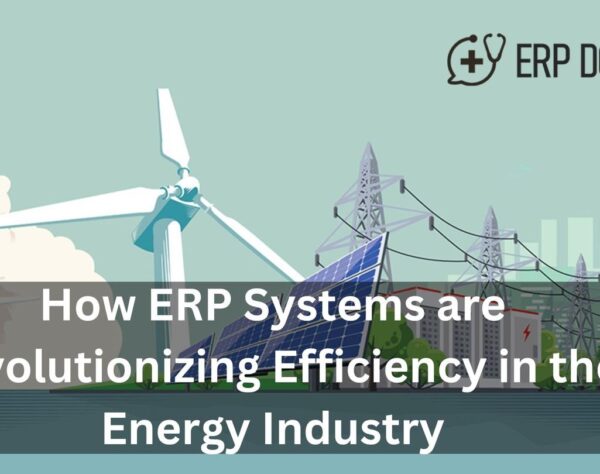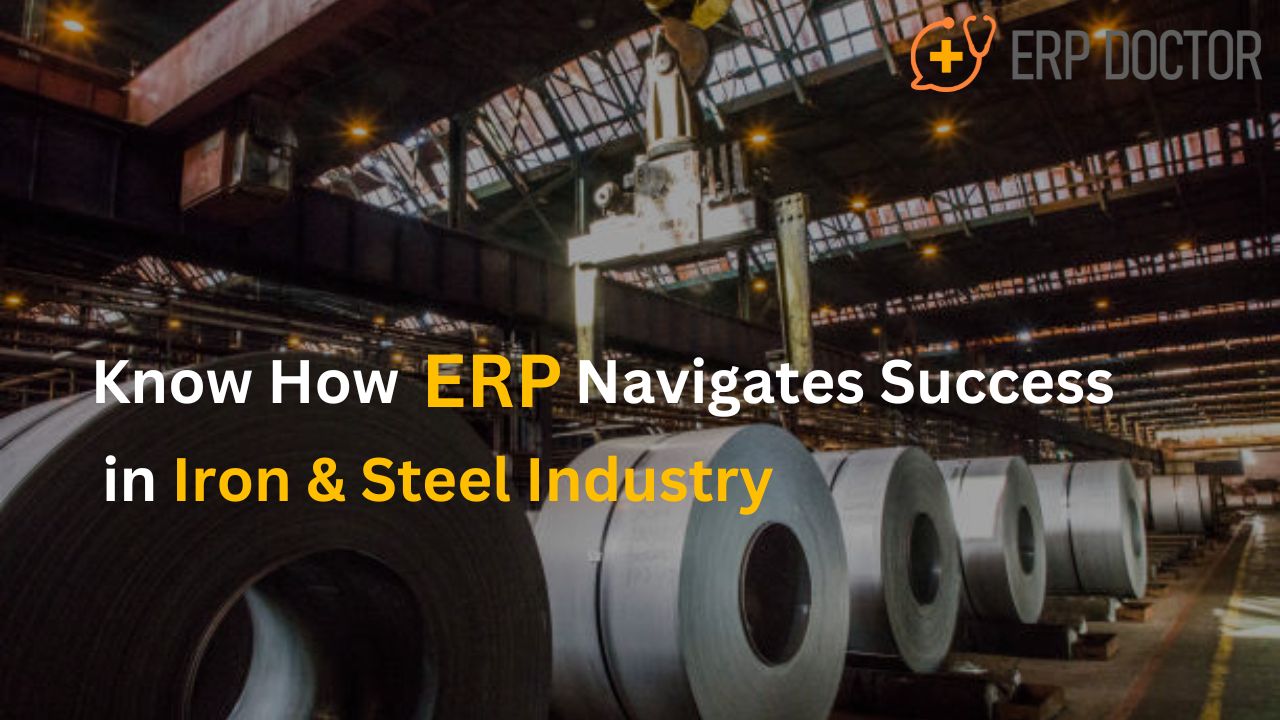
Know How ERP Navigates Success in Iron & Steel Industry
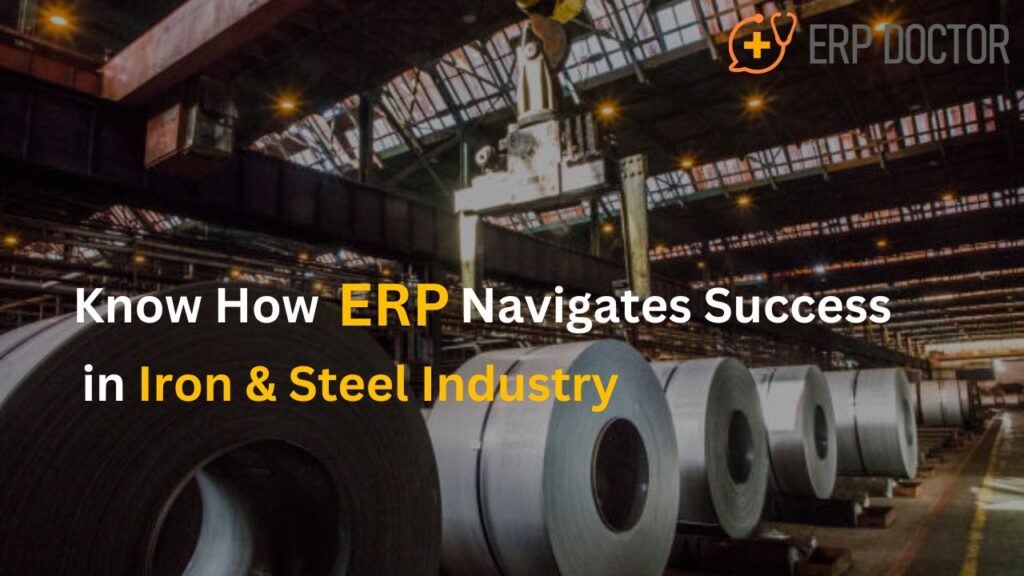
How ERP Prepares the Iron & Steel Industry for Tomorrow’s Challenges
In the dynamic realm of industrial production, the Iron & Steel domain stands as a cornerstone, propelling infrastructure expansion and economic development globally. Amid its intricate operations and varied challenges, the adoption of contemporary technology has emerged as indispensable for sustainable progress and operational efficacy. This is where Enterprise Resource Planning (ERP) systems come into play, transforming the operational landscape for businesses in the Iron & Steel sector, and facilitating their growth and success.
Grasping the Iron & Steel Industry Dynamics
Before delving into the significance of ERP systems, it’s vital to comprehend the complexities of the Iron & Steel industry. This sector encompasses a spectrum of processes, ranging from the extraction and processing of raw materials to the fabrication of finished goods for sectors like construction, automotive, and machinery. With substantial capital investments, intensive energy usage, and intricate supply chains, optimizing efficiency and cost-effectiveness becomes paramount.
Challenges Confronting Iron & Steel Enterprises
Despite its pivotal role, the Iron & Steel industry encounters multifaceted challenges:
Supply Chain Complexity: Managing the procurement of raw materials, inventory control, and product distribution involves intricate supply chain operations susceptible to bottlenecks and delays.
Resource Optimization: Efficiently utilizing resources such as raw materials, energy, and labor is essential for reducing expenses and enhancing productivity.
Regulatory Compliance: Adhering to environmental regulations, safety protocols, and quality standards adds layers of complexity to operational processes.
Market Instability: Fluctuating demand, volatile raw material prices, and competitive pressures necessitate agile decision-making and adaptive strategies.
The Role of ERP in Iron & Steel Industry Advancement
ERP systems offer a holistic solution to address these challenges and streamline operations throughout the Iron & Steel value chain:
Unified Data Management with ERP for Iron & Steel:
ERP software integrates diverse functions such as procurement, production planning, inventory management, and sales onto a unified platform, ensuring seamless data flow and real-time visibility across departments.
Streamlined Resource Allocation through ERP for Iron & Steel Industry:
By analyzing historical data and market trends, ERP systems facilitate precise demand forecasting and production planning, enabling firms to optimize resource allocation and minimize wastage.
Efficient Supply Chain Oversight through ERP System:
ERP modules dedicated to supply chain management enable efficient procurement, inventory optimization, and logistics planning, reducing lead times and ensuring prompt material and product delivery.
Compliance and Quality Assurance:
ERP systems incorporate features for monitoring regulatory compliance, ensuring quality assurance, and enabling traceability, thereby assisting companies in meeting industry standards and mitigating compliance risks.
Business Intelligence and Analytics:
ERP platforms provide robust reporting and analytics capabilities, empowering decision-makers with actionable insights into operational performance, cost trends, and market dynamics.
In summary, ERP systems serve as a driving force for success in the Iron & Steel industry by augmenting operational efficiency, mitigating risks, and fostering adaptability in a dynamic market landscape. As technology continues to evolve, embracing ERP solutions becomes not merely a choice but a necessity for companies aiming to remain competitive and flourish in the ever-evolving realm of industrial manufacturing.
FAQs
1. Why is ERP important for the iron and steel industry?
ERP centralizes operations across procurement, production, inventory, sales, and finance—helping iron and steel companies reduce costs, minimize delays, and increase profitability through real-time decision-making.
2. How does ERP help in managing raw material procurement in steel manufacturing?
ERP automates purchase planning, vendor evaluation, and real-time stock monitoring to ensure timely availability of raw materials like iron ore, scrap, and alloys—avoiding production halts and cost overruns.
3. Can ERP improve production planning in steel plants?
Yes. ERP enables predictive production scheduling, capacity planning, and real-time shop floor monitoring—helping optimize furnace utilization, minimize waste, and improve yield ratios.
4. Does ERP support quality control in the steel industry?
Absolutely. ERP systems provide quality tracking at every stage—heat number traceability, tensile strength validation, and defect logging—ensuring compliance with standards like ISO, BIS, and ASTM.
5. How does ERP improve inventory management for steel products?
ERP offers precise batch and lot tracking, automatic reordering, and visibility into stock across warehouses—reducing holding costs and enabling Just-In-Time (JIT) inventory models.
6. Is ERP useful for handling GST and tax compliance in India’s steel industry?
Yes. ERP solutions like SAP Business One and Odoo are GST-compliant and generate e-invoices, E-way bills, and monthly return filings—streamlining statutory compliance for Indian manufacturers.
7. What are the top ERP features for the iron and steel industry?
Key features include:
- Multi-level BOM for fabrication
- Foundry & furnace tracking
- Real-time plant performance dashboards
- Heat & batch traceability
- Integrated CRM & sales order management
8. Can ERP handle complex pricing models and contracts in steel sales?
Yes. ERP supports slab-based pricing, volume discounts, long-term contract management, and integrates with logistics for dispatch planning and freight tracking.
9. Which ERP systems are best suited for the iron & steel industry in India?
Popular choices include SAP Business One, Odoo, and Oracle NetSuite—all offering industry-specific modules, localized tax compliance, and scalability for growth.
10. How long does ERP implementation take for a steel manufacturing unit?
Depending on complexity, ERP implementation can take 3–6 months for medium units and up to 12 months for large-scale integrated steel plants, including customization and user training.
To learn more about our services, consult us at the ERP Doctor, today!


